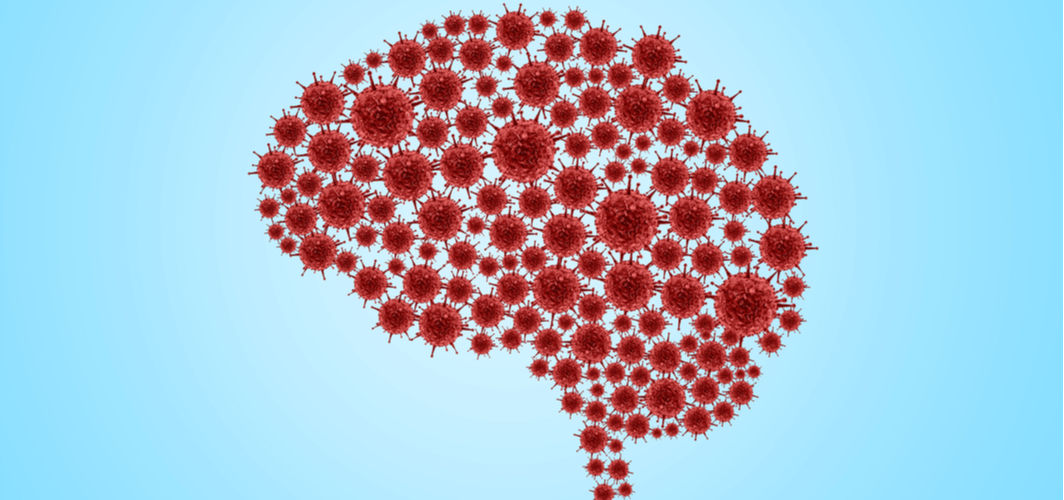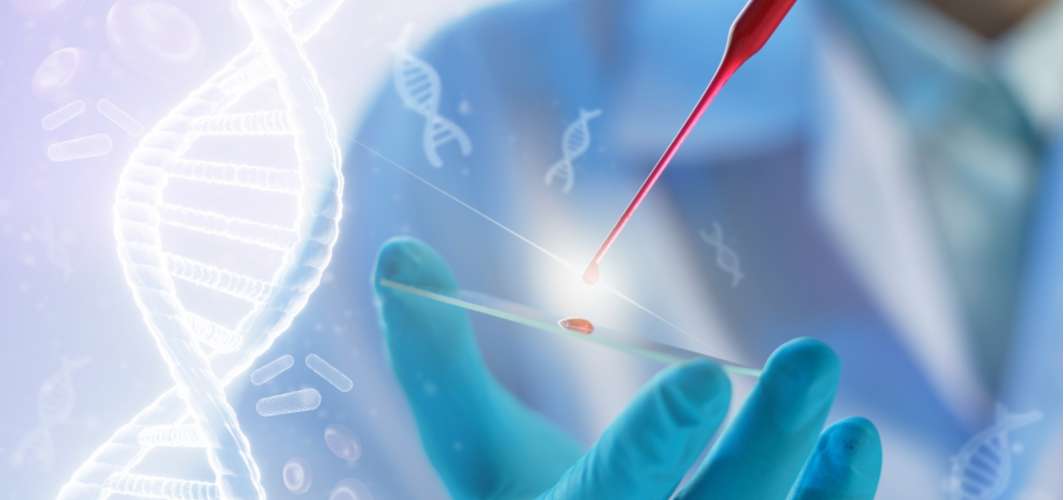Coronavirus Updates
COVID-19 May Cause Brain Damage, Studies Show
2 min read
By Apollo 24|7, Published on - 18 January 2022, Updated on - 18 October 2022
Share this article
4
5 likes

While COVID-19 was initially considered a respiratory disease affecting the lungs, it was later found that it can damage other vital organs including the heart, kidney, and brain. Several cases of neurological and psychiatric damage have been reported in COVID-19 patients across the world. This article explores the mechanism of action of the Coronavirus on the human brain.
How Does Coronavirus Affect the Brain?
- The SARS-CoV-2 virus uses ACE receptors to make an entry into the human body. Since the brain contains ACE-receptors, it may allow entry of the virus.
- The hyperactivity of the immune system as a response to COVID-19 infection can lead to excess inflammation and cause damage to the brain.
- Viral infection also increases the risk of abnormal blood clotting in the brain, which can result in a stroke.
Recommended read: Brain Aneurysm: How is It Different From a Stroke?
Brain Conditions That Can Result from COVID-19 Infection
- Brain bleed: As soon as the virus enters the brain, it weakens the blood vessels (arteries and veins), making them more prone to leakage. The viral infection may also cause these blood vessels to break, resulting in bleeding in the brain, which has proven to be life-threatening for many COVID-19 patients.
- Stroke: The abnormal blood clots in the body of COVID-19 patients can enter and block the arteries of the brain, resulting in a stroke.
- Hypoxic brain injury: COVID-19 infection compromises the body’s oxygen levels (hypoxia), resulting in permanent damage to the brain cells. Hypoxic brain injury can even result in brain death and coma.
Recommended read: How does the Coronavirus Impact Our Nervous System?
Signs of Brain Damage Caused by COVID-19 Infection
Some signs and symptoms that may indicate brain damage during or after COVID-19 include:
- Headache
- Behavioral changes such as increased agitation and irritation
- Confusion
- Dizziness
- Loss of taste and smell
- Difficulty in concentrating and remembering things
- Seizures (fits)
- Stroke
- Paralysis
The presence of these symptoms, however, does not conclude brain damage as the doctors would perform further tests such as an MRI, electroencephalograms (EEGs), and spinal tap (taking samples of fluid from the spinal cord) to confirm the diagnosis.
Furthermore, people who suffered from severe COVID-19 infection also reported experiencing anxiety, depression, and hallucinations after a prolonged stay at the hospital.
Recommended read: What Are the Less Common and Unusual Symptoms of Coronavirus?
Conclusion
Scientists believe that brain damage following COVID-19 infection could either be due to the virus or the inflammation that occurs in response to the virus. Since there is no certain way to prevent the virus from attacking the brain, doctors advise people to follow COVID-appropriate behavior such as washing hands frequently, wearing masks, maintaining social distance, and getting vaccinated.
Coronavirus Updates
Leave Comment
Recommended for you

Coronavirus Updates
Are People with Blood Group ‘A’ More Vulnerable to COVID-19?
A recent study has shown that people with certain blood types could be at an increased risk of contracting COVID-19.

Coronavirus Updates
Does COVID-19 Lead to Tuberculosis in Some Patients?
Despite the lack of conclusive data, a significant rise in the incidence of tuberculosis, especially amongst COVID-19 survivors, is being observed globally.

Coronavirus Updates
How Air Pollution Could Aggravate the COVID-19 Pandemic
Various studies conducted in different parts of the world have concluded that particulate matter (pollutant particles in the air) aid the transmission of COVID-19.
Subscribe
Sign up for our free Health Library Daily Newsletter
Get doctor-approved health tips, news, and more.
Visual Stories

Covid-19 Updates: Are Things Getting Brighter?
Tap to continue exploring
Recommended for you

Coronavirus Updates
Are People with Blood Group ‘A’ More Vulnerable to COVID-19?
A recent study has shown that people with certain blood types could be at an increased risk of contracting COVID-19.

Coronavirus Updates
Does COVID-19 Lead to Tuberculosis in Some Patients?
Despite the lack of conclusive data, a significant rise in the incidence of tuberculosis, especially amongst COVID-19 survivors, is being observed globally.

Coronavirus Updates
How Air Pollution Could Aggravate the COVID-19 Pandemic
Various studies conducted in different parts of the world have concluded that particulate matter (pollutant particles in the air) aid the transmission of COVID-19.